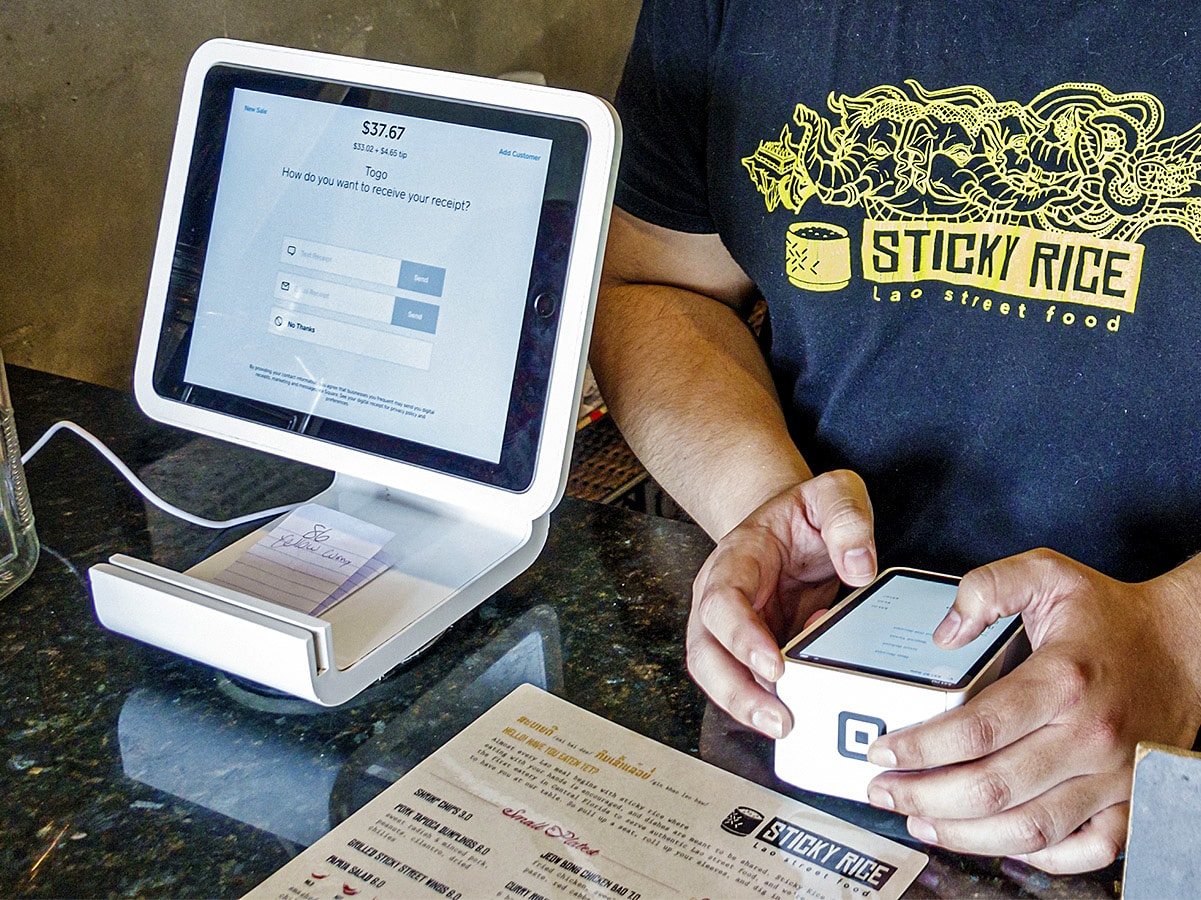Despite a reasonably meagre performance throughout the first half of 2020, Square’s [SQ] share price has picked up pace since June and rallied massively since its third-quarter earnings release in November.
On 20 March, its worst day of trading last year, Square’s share price fell to $37.80 before closing at $38.09. This was a 39.1% year-to-date drop and its lowest close since 2018. The stock didn’t manage to top its pre-slump peak until 2 June, when it closed at $88 — up 40.7% for the year to date (as of 19 February’s close).
Since then, Square’s share price has soared to new heights and even managed to set a new record for itself when it reached an intraday high of $243.38 before closing at $241.58 on 22 December, a 286.2% year-to-date rise.
Although the value didn’t stick initially, Square’s share price finished the year up 247.9%.
More recently, Square’s share price has soared even higher. The stock reached a new all-time high of $276.57 on 19 February, marking a 27.1% increase so far in 2021.
As Square prepares its fourth-quarter results, due 23 February, investors will be keen to see how earnings will affect the wider fintech theme.
How has Square been performing?
When Square reported its Q3 results, it posted earnings of $0.34 per share, which beat the Zacks Equity Research consensus estimate of $0.14 per share by 142.9% and marked a 36% growth from year-ago earnings of $0.25 per share.
Revenues, on the other hand, came in at $3.03bn, topping the Zacks consensus estimate of $2.15bn by 41.3% and marking year-over-year growth of 138.6%.
One of Square’s key growth drivers was its mobile payment service Cash App, which lets users invest in stock and cryptocurrencies. “Cash App delivered incredible gross profit growth of 212% year-over-year. The $385m in gross profit Cash App generated was more than triple what it did in the third quarter of 2019,” said Amrita Ahuja, CFO of Square, on the earnings call.
“Cash App's results highlight our ecosystem's ability to help customers manage their finances. Looking at the three main drivers: first, we continue to see the strong acquisition of new customers to our platform each month, with our highest number of new customers added in a quarter.”
"Cash App's results highlight our ecosystem's ability to help customers manage their finances" - Amrita Ahuja, Square CFO
Square’s share price spiked 13% the day after the report, closing at $198.08 on 6 November, up 216.6% for the year-to-date. Although the stock was quick to fall again, closing at $172 on 10 November — 1.8% lower than its 5 November close — the stock soon recovered.
As Square has quickly become a key player in the fintech space, its performance has affected thematic ETFs such as the ETFMG Prime Mobile Payments ETF [IPAY]. As of 19 February, Square was the fund’s second-largest holdings (6.86%), behind PayPal [PYPL]. The fund has displayed a positive performance over the past 12 months, but its growth of 29.3% during that time lags far behind that of Square’s 224.5%.
Looking ahead to the upcoming report, analysts expect Square to post earnings of $0.23 per share, which would be flat with the earnings it announced this time last year. Revenue, on the other hand, is expected to have grown 136.2% year over year to £3.10bn.
Will Robinhood deserters boost Square?
Retail investor app Robinhood has faced a backlash from its users after it blocked trades on stocks such as GameStop [GME] and AMC Entertainment Holdings [AMC], following massive rallies triggered by Reddit users.
Recently, Dan Dolev, analyst at Mizuho Securities, reported that 40% of Robinhood’s aggrieved users went to Square’s Cash App, according to Barron’s.
Apparently, for a third of these deserters, it was the first time they had used Cash App and “nearly 75% of them expressed interest in using Cash App for Bitcoin and the platform’s Cash Card”.
However, it’s worth noting that Dolev also pointed out that 50% of the people that left Robinhood said they would consider returning to the platform.
Whether Cash App’s new users decide to stay with the platform or move, cash transactions are becoming increasingly digital. “One of the COVID-19 pandemic’s most visible impacts on financial services has been the dramatic acceleration in shifts toward ecommerce and digital payments,” noted a recent report from consultancy firm McKinsey & Company.
Continue reading for FREE
- Includes free newsletter updates, unsubscribe anytime. Privacy policy





